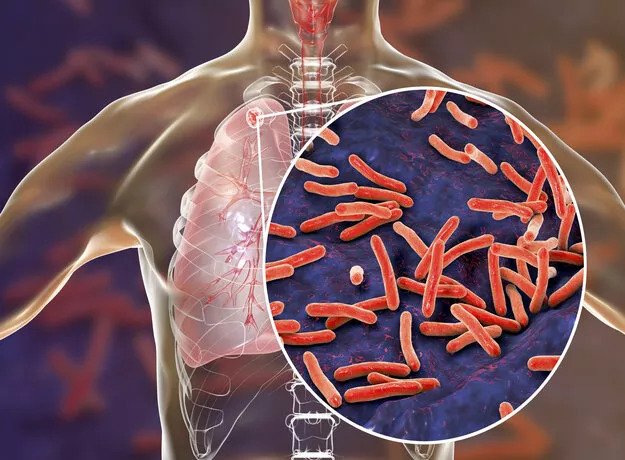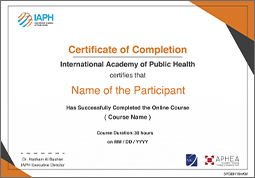Infectious respiratory diseases and Tuberculosis
Description
Infectious respiratory diseases are caused by viruses, bacteria, or others and can often be spread through respiratory secretions expelled when a person coughs, sneezes, talks, or laughs. Transmission of infectious respiratory diseases from one person to another can be greatly reduced by hand washing, minimizing close contact with patients, immunization, and hygienic practice when sneezing or coughing. Important diseases that can infect the respiratory system include tuberculosis, pneumonia, coronavirus, influenza, MERS, and SARS
Learning Outcomes
- List diseases of public health importance in this group
- List the main clinical features of each disease and state case definition where applicable
- Identify the disease specific agent, reservoir and susceptible human host
- Describe the transmission dynamics
- Describe the life cycle of the disease
- Estimate the disease burden and analyze its determinants
- List the recommended control methods and assess the possibility of elimination or eradication.
- Pulmonary tuberculosis
- Corona virus
- MERS and SARS
- Influenza

Duration:
12 Learning Hours
Accredited By:


Certificate

Are you interested in the course?
Get notified once the course is open by clicking on
Infectious respiratory diseases and Tuberculosis
Thank you for registering your interest! We appreciate your enthusiasm for this course. As soon as it becomes available, we will reach out to you with all the details. Stay tuned!